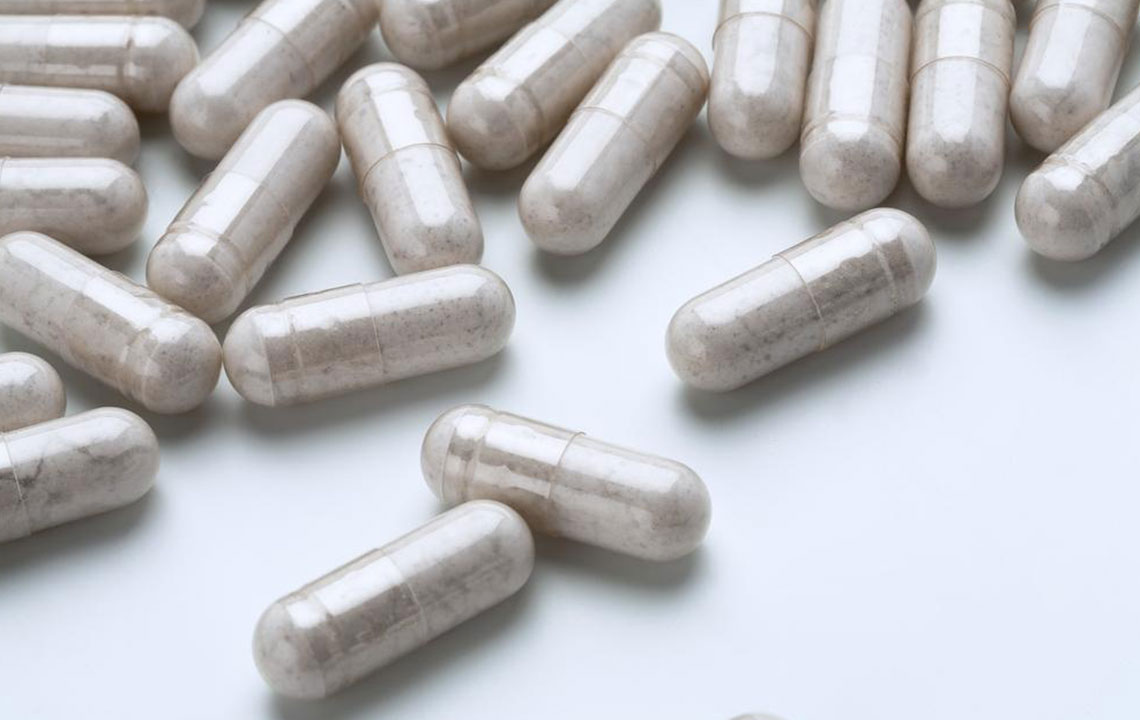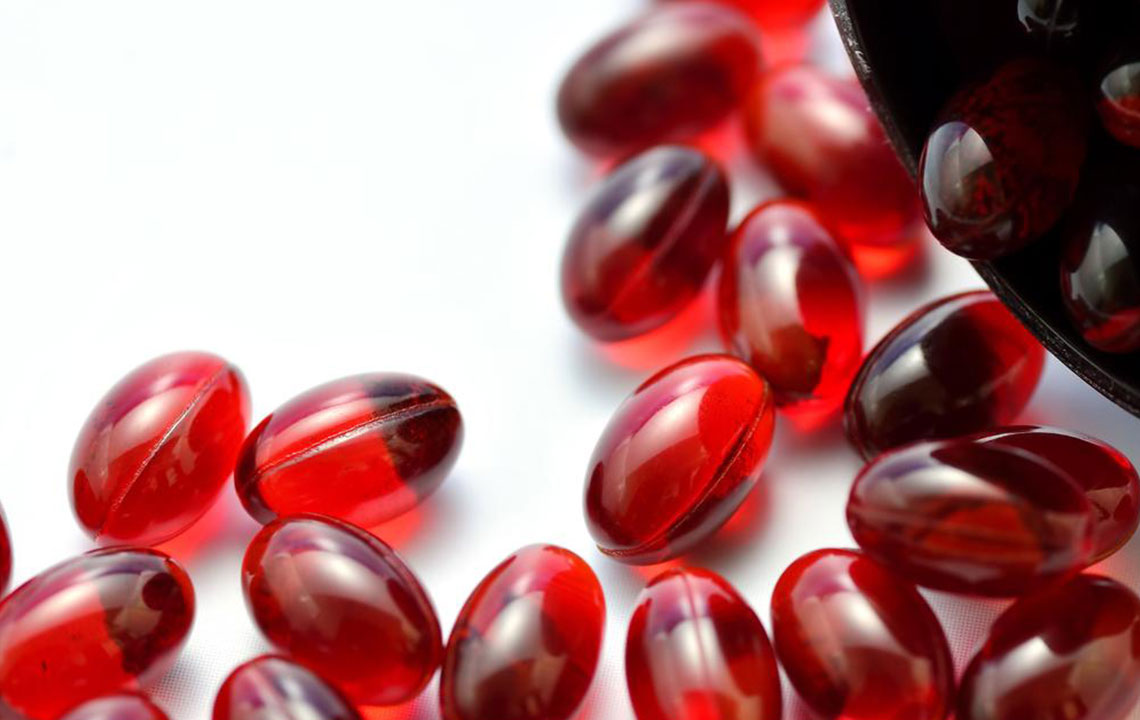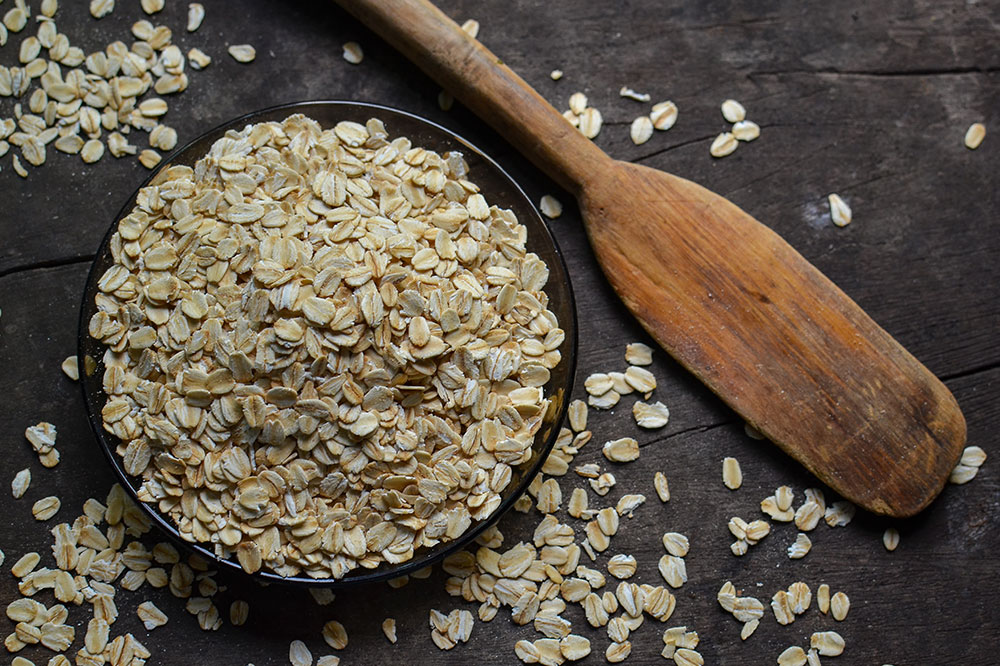Comprehensive Probiotic Approaches for Managing Crohn’s Disease
Explore how probiotics serve as a promising adjunct in managing Crohn’s disease. This comprehensive guide details the causes, the role of beneficial bacteria, effective probiotic strains, dietary sources, and safety considerations. Learn how integrating probiotics can help alleviate symptoms, promote gut health, and support long-term disease management for better quality of life.

Comprehensive Probiotic Strategies for Managing Crohn’s Disease
Crohn’s disease, medically known as ileitis or regional enteritis, is a chronic inflammatory condition that primarily affects the gastrointestinal (GI) tract. Characterized by persistent inflammation, Crohn’s disease can significantly diminish quality of life, causing discomfort, nutritional deficiencies, and other complications. Named after Dr. Burrill B. Crohn, who first described the condition in 1932, it currently affects an estimated half a million Americans. Symptoms often include diarrhea, fatigue, abdominal pain, rectal bleeding, unintentional weight loss, and decreased appetite. Recognizing these signs early and seeking prompt medical evaluation is essential for effective management and improved outcomes.
Understanding the Causes of Crohn’s Disease
The precise origins of Crohn’s disease remain complex and not fully understood. Historically, factors such as diet, stress, and environmental influences were suspected to trigger or worsen the condition. However, current scientific research indicates that these elements are more likely to influence the disease's severity and frequency of flare-ups rather than serve as primary causes. Instead, emerging evidence highlights the important roles of genetic predisposition and immune system dysfunction in the development of Crohn’s disease.
Immune System Dysregulation and Genetic Factors
In Crohn’s disease, the immune system’s normal response to intestinal bacteria becomes maladaptive, leading to chronic inflammation. Often, infections caused by bacteria or viruses may initiate this abnormal immune response by confusing the system. Such immune conflicts cause the body to attack healthy tissues within the GI tract, resulting in inflammation and tissue damage. Although familial studies show that genetics play a role—certain genes are associated with increased susceptibility—many individuals with Crohn’s have no family history, indicating that other factors are also involved.
One promising area of investigation involves the use of probiotics as an adjunct therapy for Crohn’s management. Live microorganisms, known as probiotics, are beneficial bacteria that, when ingested, colonize the gut and promote a healthier microbiome. They can help restore balance to the gut flora, combat pathogenic bacteria, and modulate immune responses, making them an attractive complementary intervention.
The Role of Probiotics in Managing Crohn’s Disease
Probiotics, which include strains such as Lactobacillus, Bifidobacterium, and Saccharomyces boulardii, have shown promise in alleviating diarrhea associated with infectious agents like Clostridium difficile, as well as supporting overall gut health. The colon hosts a vast community of beneficial bacteria crucial for waste processing, nutrient absorption, and immune regulation. In early life, colonization by probiotic bacteria is vital for developing a resilient gut microbiome. In Crohn’s disease, supplementing with probiotics aims to boost these beneficial populations, thereby enhancing barrier function, dampening inflammation, and reducing disease activity. Some evidence suggests that probiotics can help maintain remission, especially when used alongside medication or after surgical interventions.
Evaluating the Effectiveness of Probiotics for Crohn’s Disease
Research findings indicate that probiotics may offer greater benefits for patients with colonic Crohn’s disease compared to those with ileal disease. These supplements help re-establish a balanced gut microbiota, which can alleviate symptoms such as abdominal pain, diarrhea, and fatigue. By promoting the growth of beneficial bacteria, probiotics help strengthen the intestinal lining, prevent bacterial overgrowth, and potentially reduce flare-ups and relapse rates.
Probiotic-rich foods like yogurt, kefir, sauerkraut, kimchi, and other fermented products are popular sources of beneficial bacteria supporting gut health. These foods provide a natural way to introduce diverse strains of helpful microbes that support immune functions and maintain intestinal integrity.
Potential Side Effects and Precautions
Diarrhea
Cramping or abdominal discomfort
Skin rashes or allergic reactions
Bloating and gas
When incorporating probiotics into your diet, ensure adequate hydration and monitor your body's response. Although generally considered safe for most people, some individuals may experience mild side effects. Severe or persistent symptoms should prompt consultation with a healthcare professional. It’s important to remember that while probiotics can complement standard Crohn’s treatments, they are not a cure. Ongoing research continues to explore their potential in disease management, but their role as a primary therapy remains under investigation.
Integrating probiotic strategies into a comprehensive Crohn’s disease management plan can result in improved gut health, reduced symptom severity, and better quality of life. Patients should discuss probiotic use with healthcare providers to tailor approaches suited to their specific condition and nutritional needs, ensuring safety and maximum benefit.





